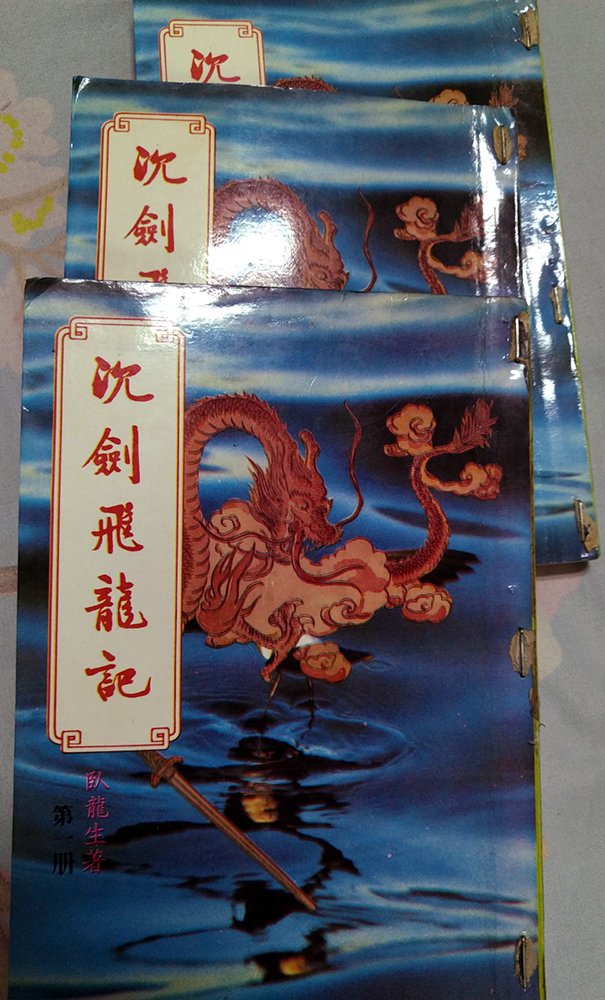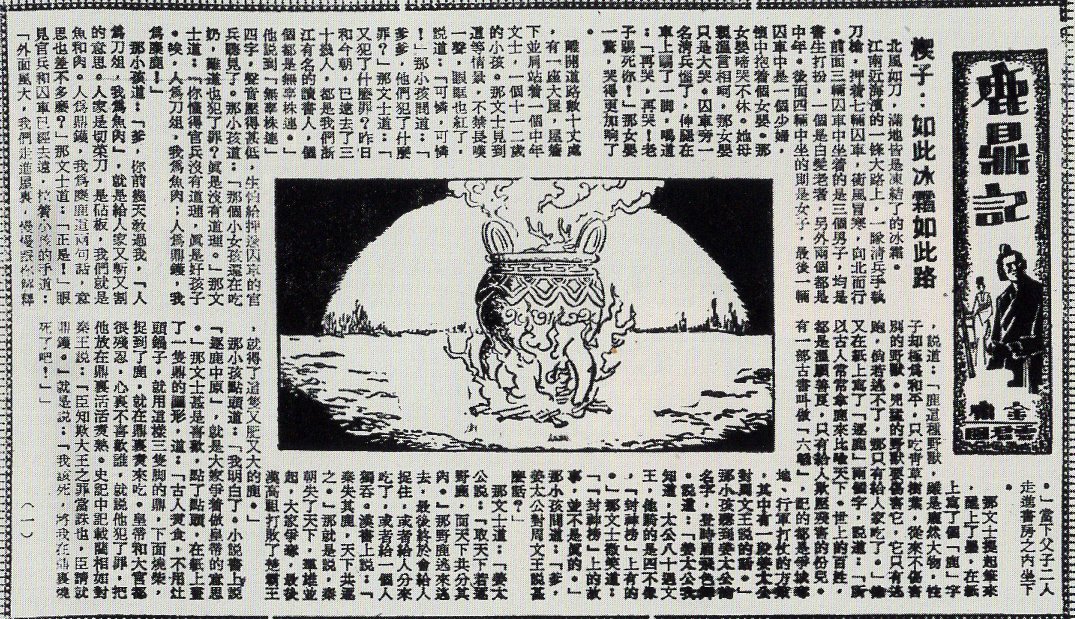
Got the outline completed for my wuxia history article... ~165 entries O__O. Not including authors that will only be listed by name (since I don't anything about them).
The scope of this thing is daunting. And it barely touches contemporary wuxia webnovels.
#wuxia #武俠
The scope of this thing is daunting. And it barely touches contemporary wuxia webnovels.
#wuxia #武俠
Some of it will be spotty due to my lack of knowledge, but thankfully there are two monumental histories coming out this year: Lin Baochun's History of Taiwanese Wuxia Fiction in late April and Chen Mo's History of Hong Kong Wuxia Fiction in August. Those will help fill in a lot.
Here's a couple links to preorder Lin Baochun's book: books.com.tw/products/00109…
momoshop.com.tw/goods/GoodsDet…
Of course it's available at other retailers as well. Chen Mo's book hasn't been listed yet as far as I know.
momoshop.com.tw/goods/GoodsDet…
Of course it's available at other retailers as well. Chen Mo's book hasn't been listed yet as far as I know.
• • •
Missing some Tweet in this thread? You can try to
force a refresh














